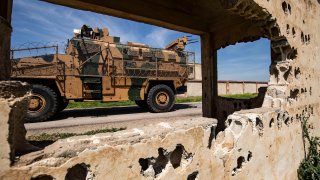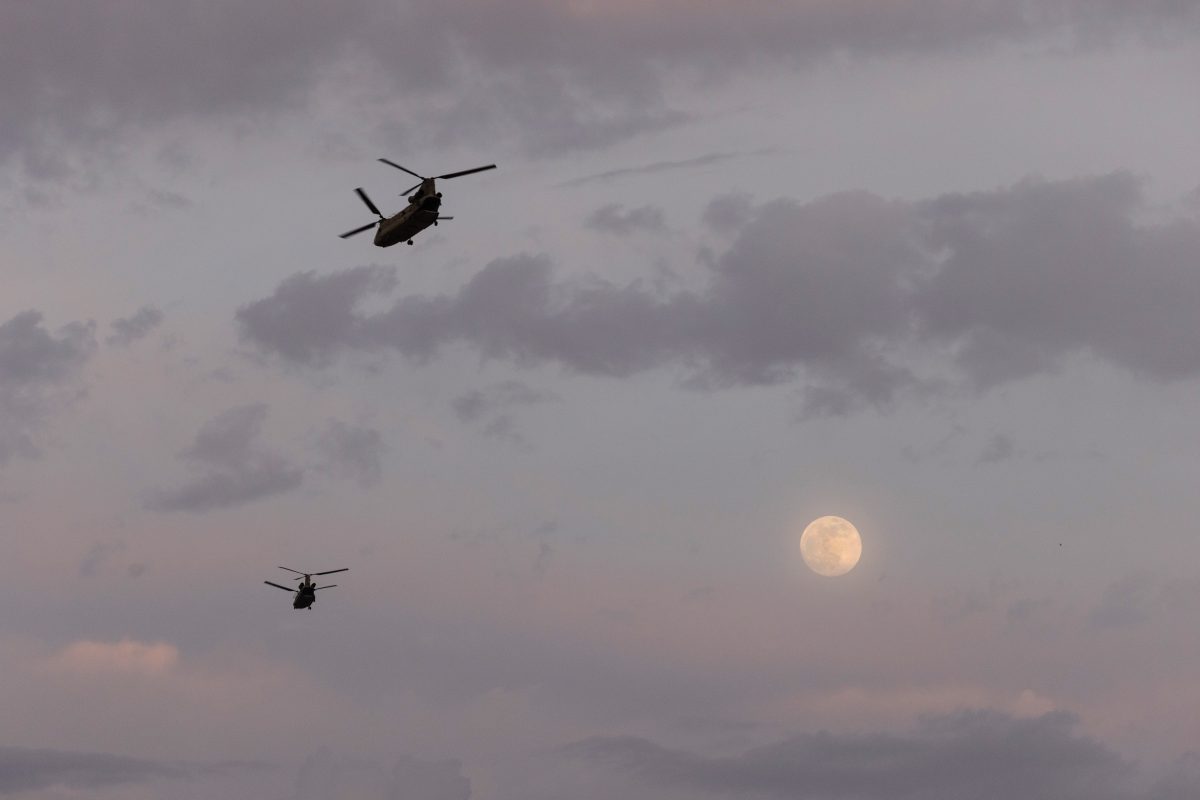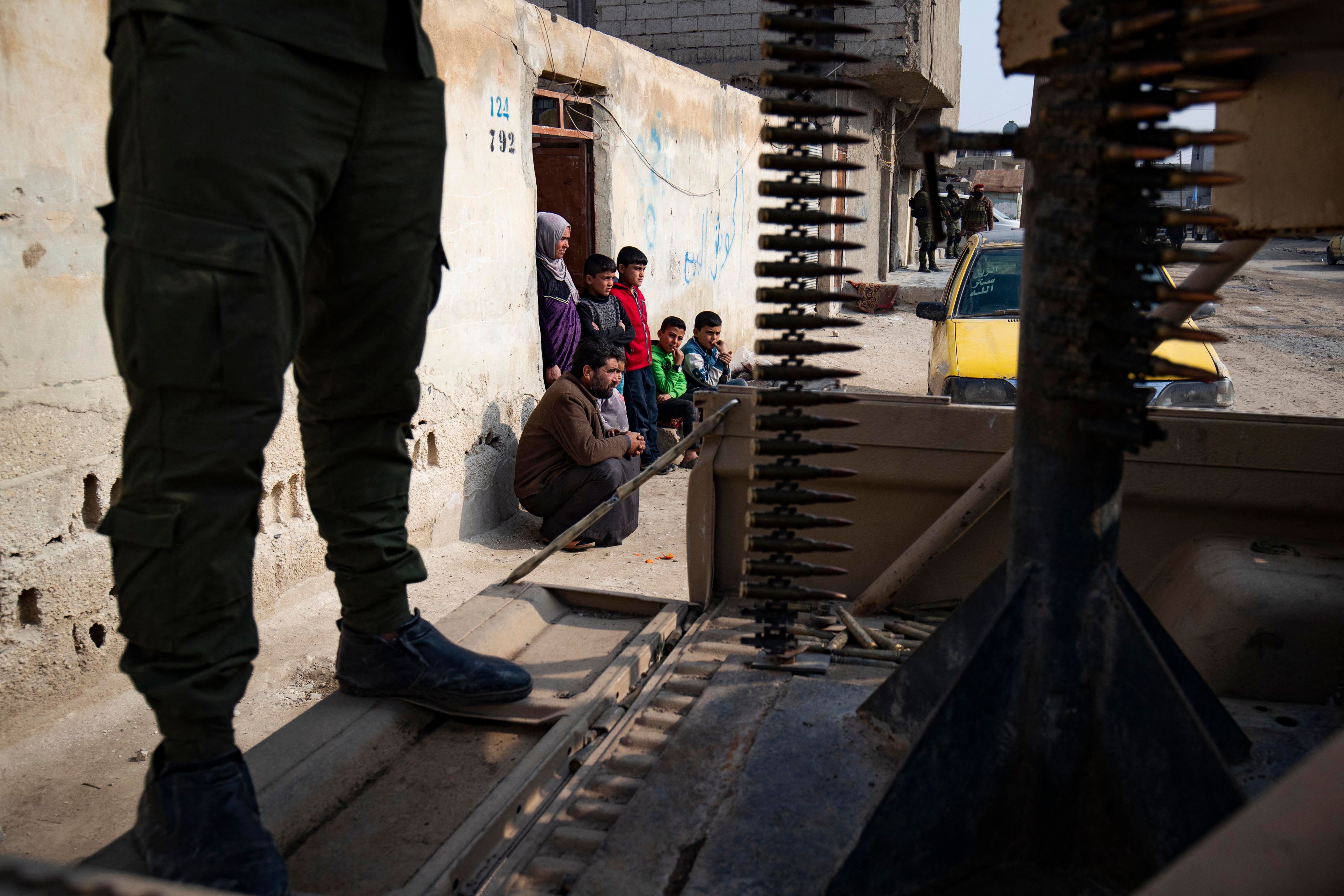
Turkish forces have killed the leader of the Islamic State group during an operation in Syria, Turkish President Recep Tayyip Erdogan said late Sunday.
Recep Tayyip Erdogan told TRT Turk television in an interview that the IS leader, code-named Abu Hussein al-Qurayshi, was killed in a strike conducted on Saturday.
WATCH ANYTIME FOR FREE
Stream NBC10 Boston news for free, 24/7, wherever you are. |
Erdogan said the Turkish intelligence agency, MIT, had been following him “for a long time.”
“We will continue our struggle against terrorist organizations without discriminating against any of them,” Erdogan said in the interview.
Get updates on what's happening in Boston to your inbox. Sign up for our News Headlines newsletter.
Turkey has conducted numerous operations against IS and Kurdish groups along the Syrian border, capturing or killing suspected militants. The country controls large swaths of territory in northern Syria following a series of land incursions to drive Kurdish groups away from the Turkish-Syrian border.
Abu Hussein al-Qurayshi was named leader of the militant group after its previous chief was killed in October, with an IS spokesman calling him “one of the veteran warriors and one of the loyal sons of the Islamic State.”
He took over leadership of IS at a time when the extremist group has lost control of the territory it once held in Iraq and Syria. However, he had been trying to rise again, with sleeper cells carrying out deadly attacks in both countries.
Islamic State founder Abu Bakr al-Baghdadi was hunted down by U.S. forces in a raid in northwest Syria in October 2019. His successor, Abu Ibrahim al-Hashimi al-Qurayshi, was killed in a similar raid in February 2022. He was followed by Abu al-Hassan al-Hashimi al-Qurayshi, who according to the U.S. military was killed in mid-October in an operation by Syrian rebels in Syria’s southern province of Daraa.
The Islamic State group broke away from al-Qaida about a decade ago and ended up controlling large parts of northern and eastern Syria as well as northern and western Iraq. In 2014, the extremists declared their so-called caliphate, attracting supporters from around the world.
In the following years, they claimed attacks throughout the world that killed and wounded hundreds of people before coming under attack from different sides. In March 2019, U.S.-backed Syrian fighters captured the last sliver of land the extremists once held in Syria’s eastern province of Deir el-Zour that borders Iraq.



